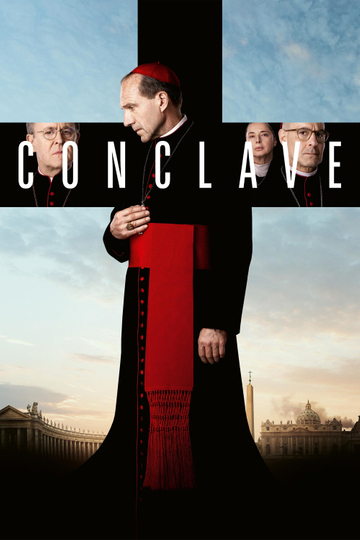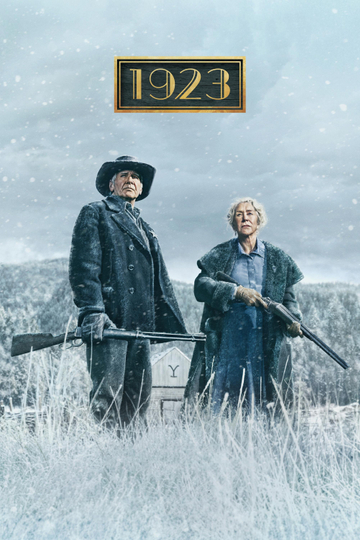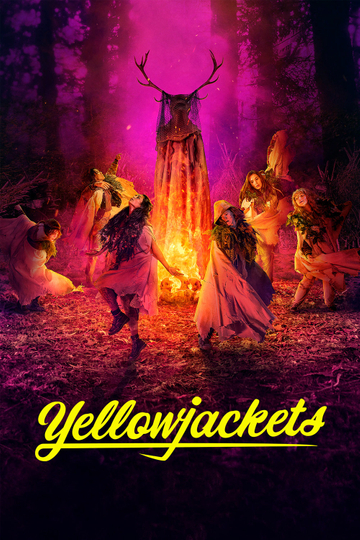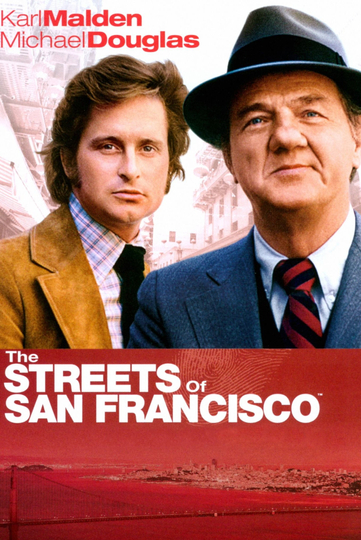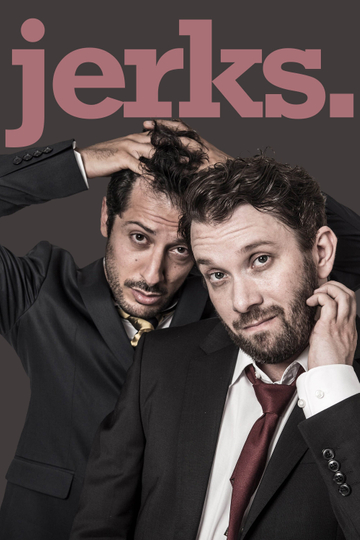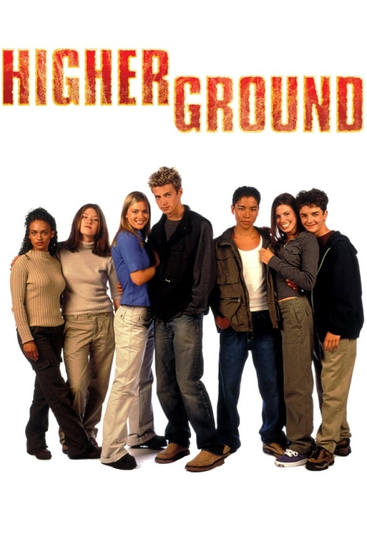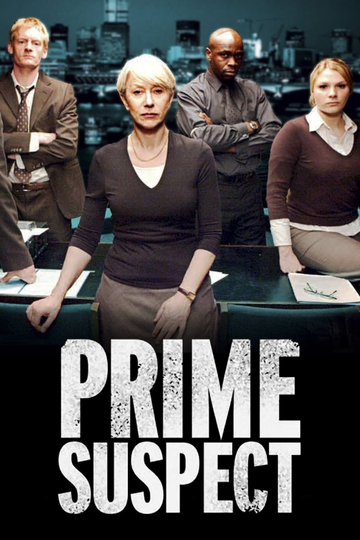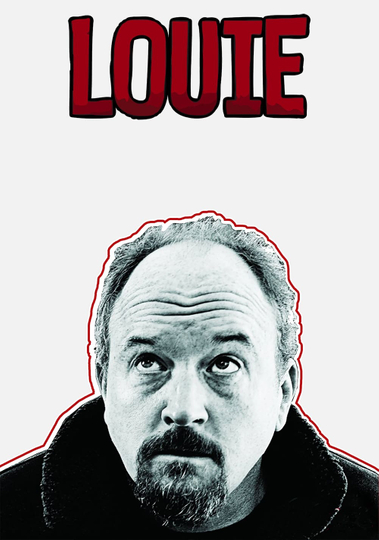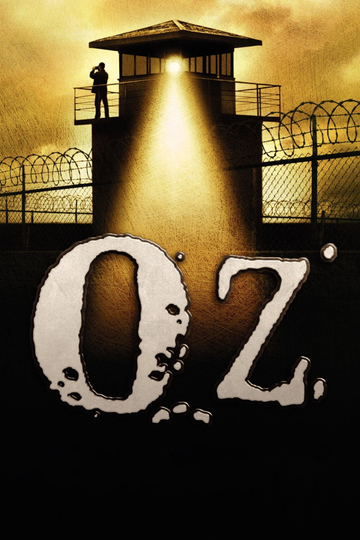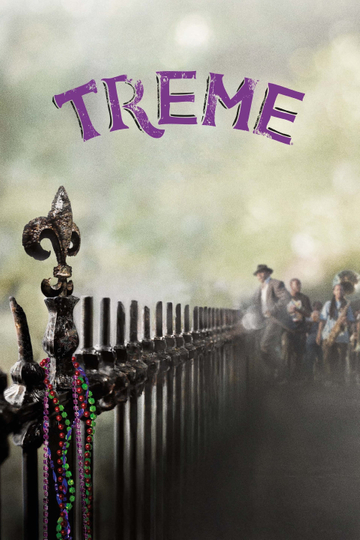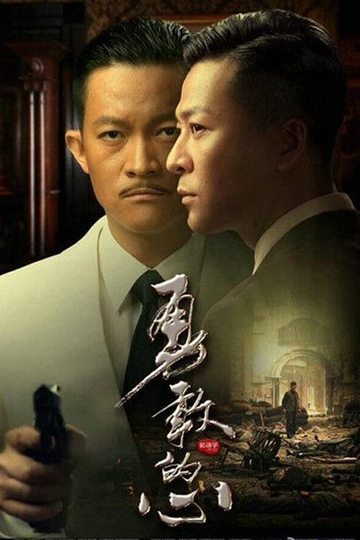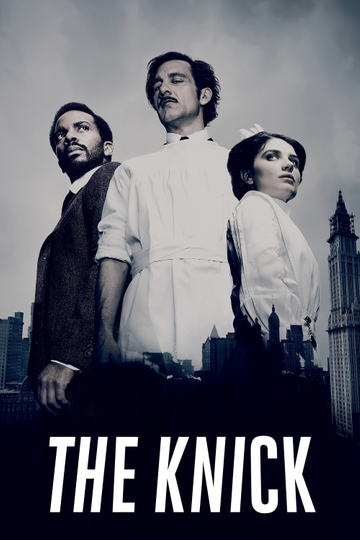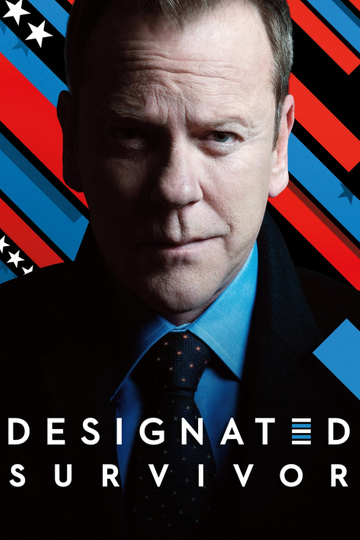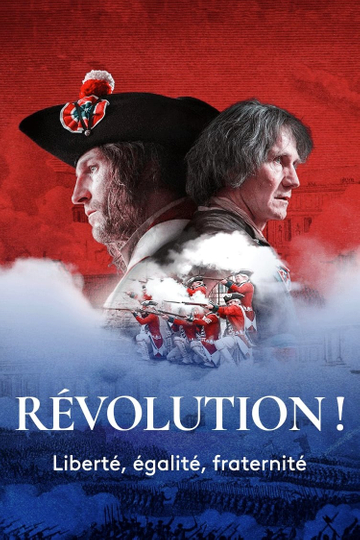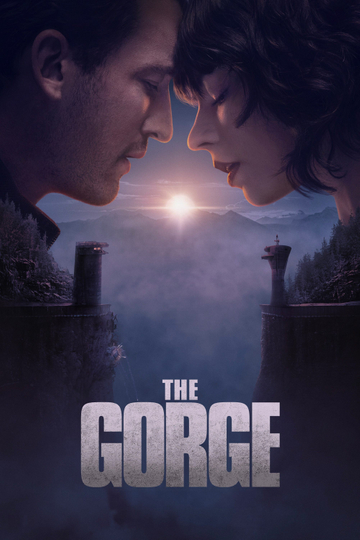Season 1 Episodes
1. JIHAD: The Men and Ideas Behind Al Qaeda
Eleven documentaries examining post-9/11 challenges around the world. First up: “JIHAD: The Men and Ideas Behind Al Qaeda,” which looks at radical Islamic organizations, including the beliefs that inspire them and challenges they pose to their governments and to the West.
2. Warriors
“Warriors” details the daily lives of U.S. soldiers in and around Baghdad during 2005. Then, “Operation Homecoming: Writing the Wartime Experience” explores an NEA initiative in which noted authors led writing workshops for military personnel. Featured are comments from writers Tim O'Brien and James Salter, and dramatic readings of the soldiers' works by actors Josh Lucas, Aaron Eckhart and Blair Underwood.
3. Operation Homecoming: Writing the Wartime Experience
“Gangs of Iraq” examines the four-year effort to train Iraqi forces to “stand up”; and how the Coalition-trained Iraqi military and police have been infiltrated by sectarian militias. Also: “The Case for War: In Defense of Freedom” follows former assistant defense secretary Richard Perle, who championed the invasion of Iraq, as he defends the war; and debates opponents, including the wife of a U.S. soldier serving in Iraq, and former UN ambassador Richard Holbrooke.
4. Gangs of Iraq
“Europe's 9/11” looks back at Al Qaeda-linked bombings of commuter trains in Madrid on March 11, 2004, which killed 191 people. Also: “The Muslim Americans” explores how the Muslim community has fared in the U.S. since 9/11; and compares it with the experiences of Muslims in Great Britain and Europe.
5. The Case for War: In Defense of Freedom
“Europe's 9/11” looks back at Al Qaeda-linked bombings of commuter trains in Madrid on March 11, 2004, which killed 191 people. Also: “The Muslim Americans” explores how the Muslim community has fared in the U.S. since 9/11; and compares it with the experiences of Muslims in Great Britain and Europe.
6. Europe's 9/11
“Security Versus Liberty: The Other War” examines the Bush administration's efforts to protect the home front from terrorist attacks; and the reaction of critics, who contend the measures have eroded civil liberties. Also: in “The Brotherhood,” Newsweek reporters Mark Hosenball and Michael Isikoff investigate the Muslim Brotherhood, an organization that promotes a fundamentalist form of Islam.
7. The Muslim Americans
“Kansas to Kandahar” tracks the experiences of an Army Reserve Chinook helicopter unit as it served a one-year deployment, first providing humanitarian relief in Pakistan after the 2005 earthquake, then headed to Afghanistan, where it transported troops and supplies into combat zones. Included: how the unit's families dealt with the absence of their loved ones.
8. Faith Without Fear
9. Struggle for the Soul of Islam: Inside Indonesia
Atlantic Monthly military correspondent Robert D. Kaplan examines the U.S. military's role in the 21st century. Included: U.S. forces working with local forces in the Philippines and Mali to root out terrorists; assisting the Colombian government in its war against the narcotics trade; and training the military in the former Soviet republic of Georgia.
10. Security Versus Liberty: The Other War
Examining the role of Islam in U.S. prisons, and whether inmates receive the Muslim faith's true teachings or the radicalized rendition adopted by some terrorists. Included: remarks from former FBI agent Stephen Denny and Imam Frederick Thaufeer al-Deen, a former federal-prison chaplain. Also: the story of Levar Haney Washington, a convert to Jamiyyat Ul-Islam Is-Saheech, a radical Islamic group that allegedly plotted to attack targets in Los Angeles in 2005.
11. The Brotherhood
An examination of how the Israeli-Palestinian conflict plays at UC-Berkeley and Columbia University, where sentiments on both sides are strong. At Berkeley, pro-Palestinian students set up mock Israeli checkpoints while Jewish students celebrate Israel Day. At Columbia, provocative speakers stoke debate. Included: Bari Weiss, editor of Current, a Columbia Jewish-affairs journal; and Khadijah Abdul Nabi, president of Turath, the university's Arab cultural organization.
12. Kansas to Kandahar: Citizen Soldiers at War
This documentary explores the response of the U.S. military in the war on terror, examining the service of army reservists as they are called for an extended tour of duty. Viewers follow the experiences and emotions of a helicopter unit from suburban Kansas City, serving first in Pakistan and then in the war zone in Afghanistan. The film's core remains the personal insights and attitudes of these citizen soldiers as they fulfill their duties.
13. The Anti-Americans (a hate/love relationship)
Why does Europe hate us? It's a question that comes to mind for many Americans when they see polls proclaiming that one out of two Europeans sees America as playing a negative role in the world. A whimsical, yet serious look at the estrangement between Europeans and Americans, this documentary travels to Ireland, France, Poland and Great Britain to examine the thesis that each country responds to American culture and society in a unique way.
14. Inside America’s Empire
Writer Robert Kaplan investigates the unknown aspects of the 'War on Terror' and visits US Special forces in Mali, the Philippines, Georgia and Columbia to discover if the global counter-insurgency is working.
15. Campus Battleground
Campus Battleground, a special in the America at a Crossroads series, focuses on the University of California-Berkeley and Columbia University in New York where, in the spring of 2006, pro-Israel and pro-Palestinian students struggle over the competing claims of Zionism and Palestinian nationalism. Since the 1960's, the American university has often been less a free marketplace of ideas than a combat zone where partisan groups forcefully and sometimes fiercely argue their positions on national and world affairs. In recent years, no issue has been more contentious than the conflict in the Middle East. In this film, students debate over what history teaches and whether absolute demands can ever lead to honorable compromise. This seemingly intractable conflict half a world away has forced these students to think about allegiances to family, ethnicity and religion, and above all about the need to take a stand that will define them and their ideals.
16. Homegrown: Islam in Prison
Drawing on the views of imams, prison converts to Islam, law enforcement, chaplains and other experts, this film examines the Islamic faith in America’s penal system. This film illuminates the dichotomy surrounding this issue: is the teaching of Islam in prison providing meaning and direction to what had previously been lost lives, or is a distorted Islam fostering an extremist ideology here in America?
17. STAND UP: Muslim American Comics Come of Age
STAND UP is the story of Ahmed's battle to get beyond playing "Terrorist No. 4." It's about Obeidallah's journey to discover his Arab heritage. It's about Zayid's resolve to turn being "a Palestinian Muslim woman virgin with cerebral palsy from New Jersey" into a career asset. It’s about Usman’s quest to become the Muslim comedy role model he himself never found. It’s about Hami’s determination to challenge American conceptions about Muslim women.
18. The Trial of Saddam Hussein
THE TRIAL OF SADDAM HUSSEIN provides the first comprehensive look at the trial of Iraq’s former dictator and tells the behind-the-scenes story of the drama that unfolded. The Iraqi High Tribunal was created to investigate and try Saddam Hussein and members of his regime for their alleged crimes. The first trial—for crimes against humanity in the village of Dujail in 1982—took place from October 2005 to November 2006. In August 2006, while the judges were deliberating the verdict in the Dujail case, the Anfal trial began: Saddam was charged with genocide against the Kurds. He was found guilty of the Dujail charges and executed on December 31, 2006. The Anfal trial continued without him.
19. Dissonance and Harmony: Arabic Music Goes West
DISSONANCE AND HARMONY presents a rare portal into a vital and entertaining world shared by both Western and Middle Eastern cultures, the world of music. The film examines the struggles and successes of five very different Middle Eastern artists in their homelands and then tracks their experiences coming to the United States to the city of Los Angeles to collaborate with Western musicians.
20. The Mosque in Morgantown
The story in Morgantown is really about the dilemma of moderate Muslims, and that’s a story we don’t often see covered in the media. But it’s an absolutely critical part of the evolving saga of Islam in America, and at the same time I think it’s a story to which people of all faiths can relate. Hopefully this film can open a window for non-Muslims to understand what goes on inside the local mosque — and hold up a mirror for Muslims to reflect on their own experiences.


